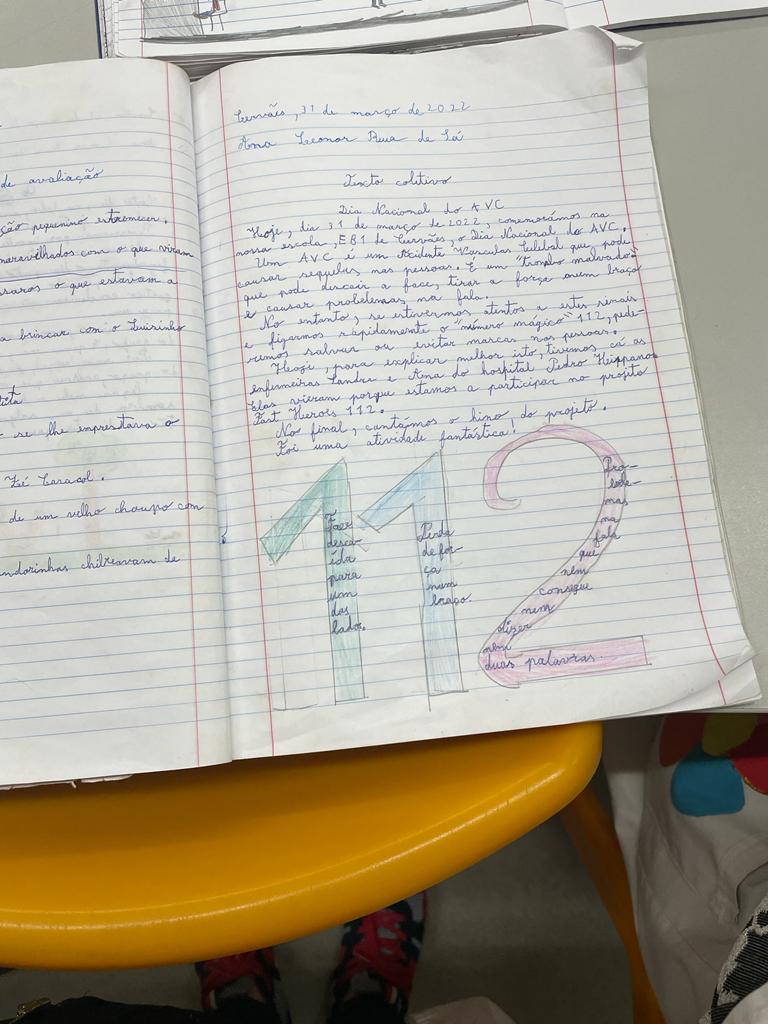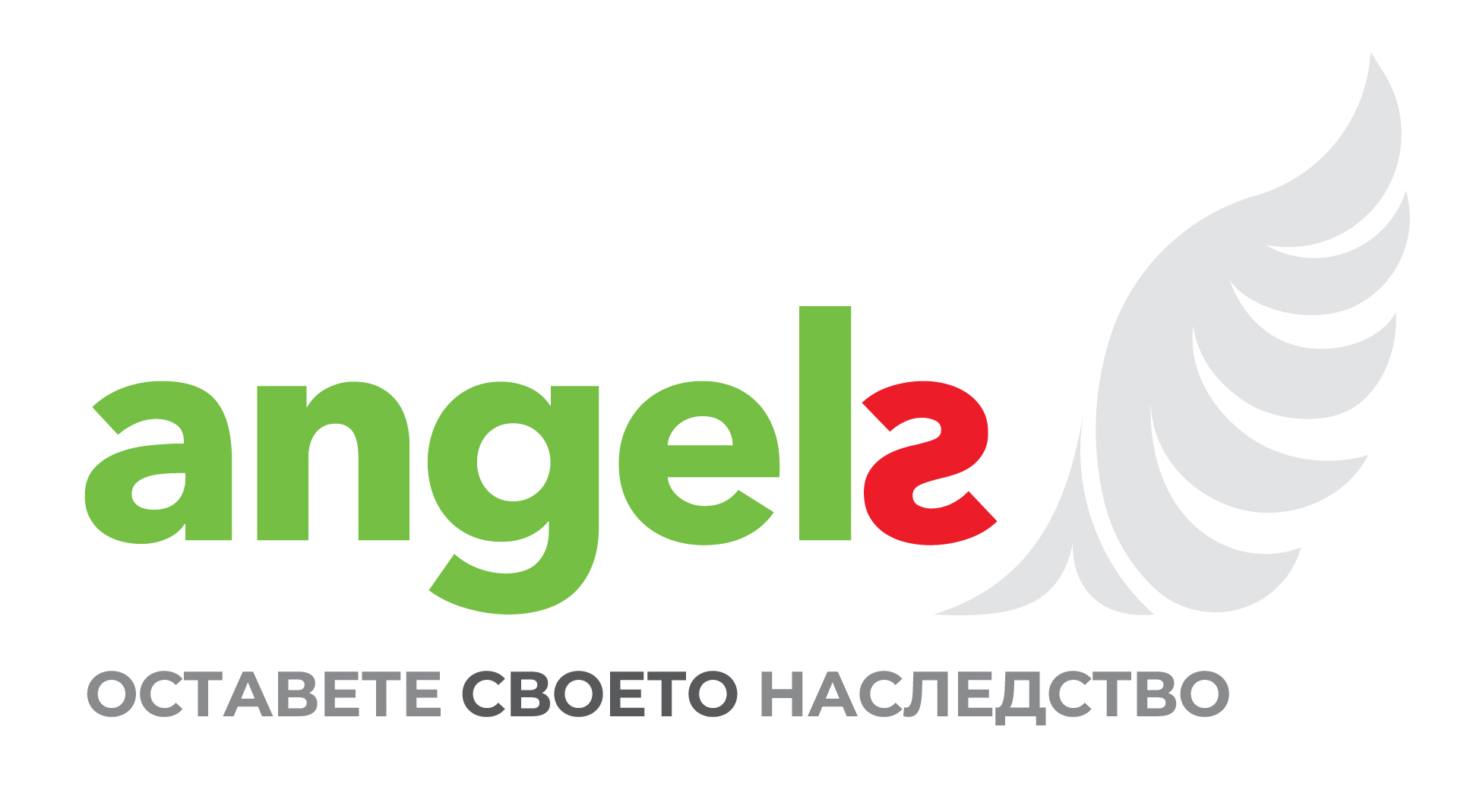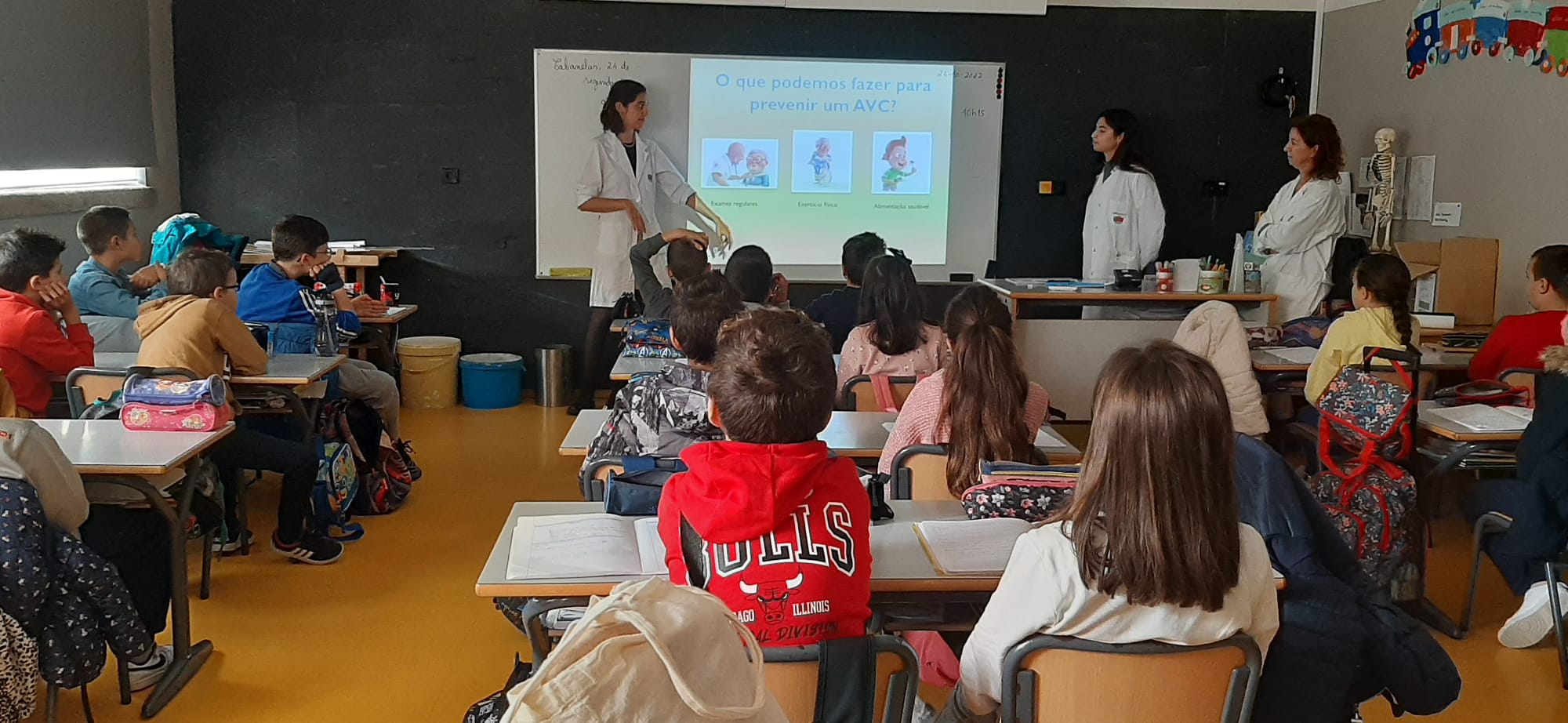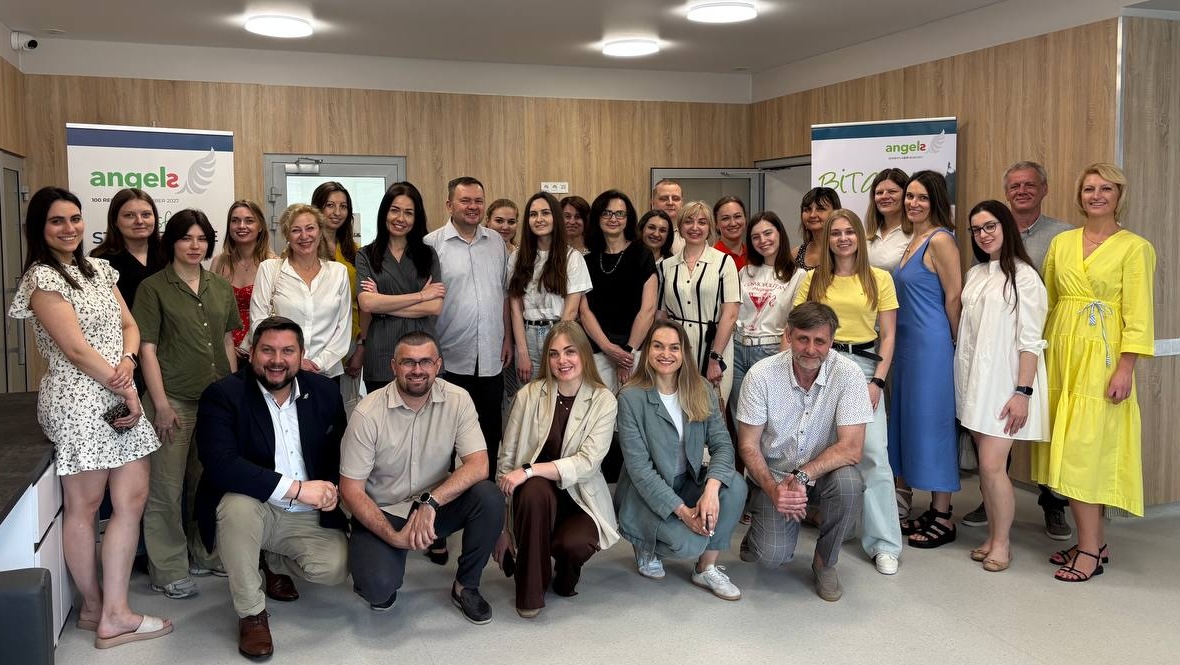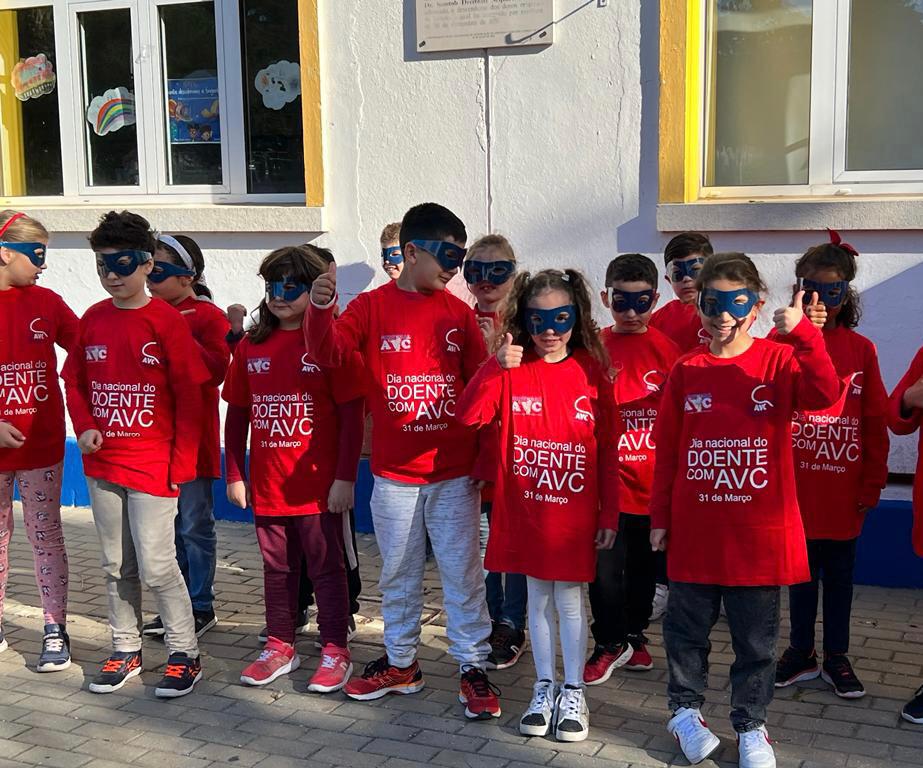
Баба Фатима има приятел във Фаро.
Обичаната баба, чийто глас е нейната суперсила и която се присъединява към двама други пенсионирани супергерои в борбата срещу Злия Тромб, е любимият й герой, казва д-р Ана Паула Фидалго, ръководител на специализираното отделение за инсулти в Университетската болница в Алгарве в Южна Португалия.
Д-р Фидалго, чиято болница е спечелила не по-малко от 10 награди „Ангели“, е важен съюзник на FAST герои, глобалният проект за осведоменост за инсулт, базиран в училищата, който пленява португалските учащи в цялата страна.
Може да се каже, че тя е нещо като супергерой.
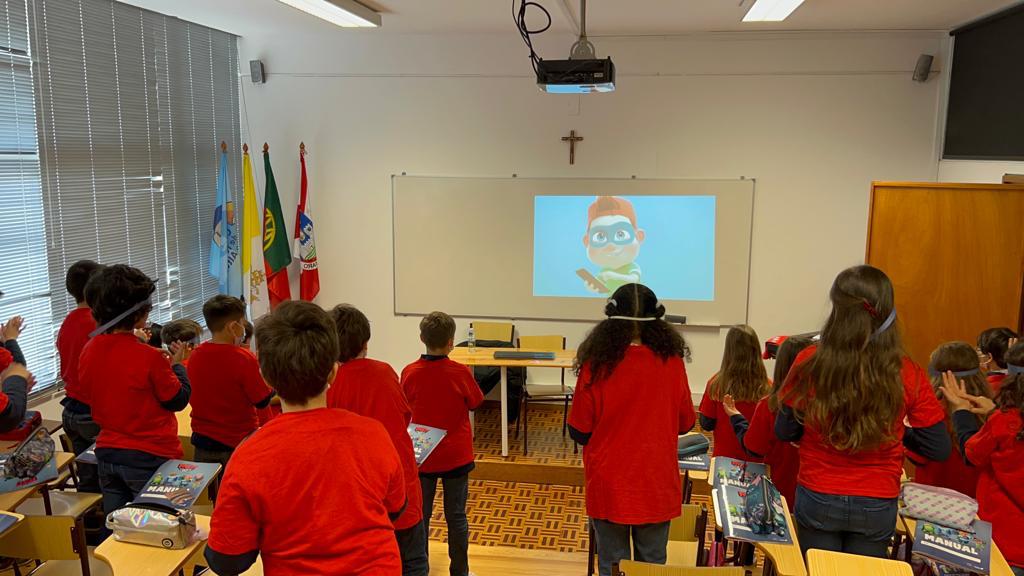
Д-р Фидалго е подкрепил FAST герои от самото начало, казват Angels консултант“ Инес Карвальо и Сара Томе от Hill+Knowlton Strategies, агенцията, отговорна за изпълнението на програмата в Португалия. Влиянието й насърчава повече училища да се включат, а присъствието й в класната стая засилва доверието на учителите. Тя дори е убедила университета да включи FAST герои в своята програма за достъп до общността за студенти по медицина.
Тя обича дизайна на кампанията, казва д-р Фидалго, която е запознала собствените си дъщери с програмата и с образцовото разказване на приказки за преди лягане на баба Фатима чрез разговори у дома. „Той позволява на децата да придобият животоспасяващи умения по завладяващ и забавен начин. Твърде много хора все още не разпознават симптомите на инсулт и не знаят, че трябва да се обадят на 112 при първия признак на инсулт. Много пациенти чакат вкъщи, надявайки се симптомите да изчезнат, или отиват при своя общопрактикуващ лекар, или се обаждат на семейството или приятелите си.“
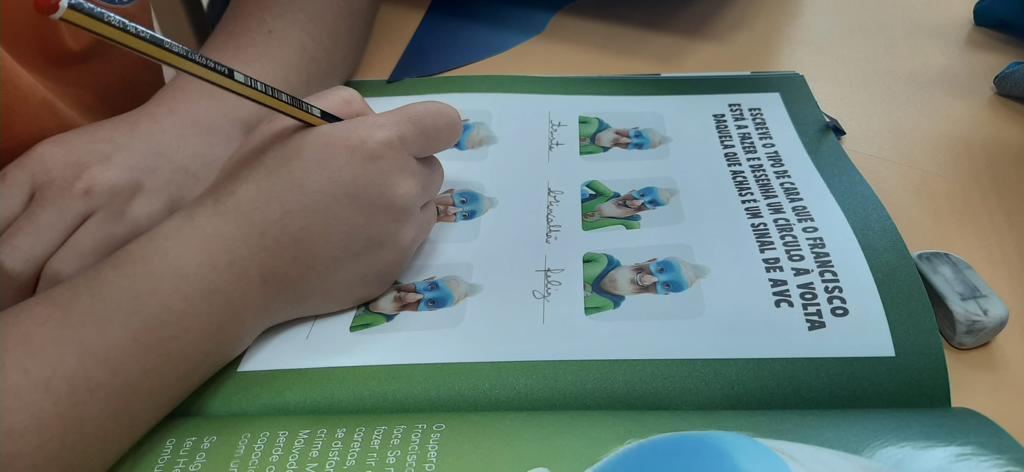
Като лекар, тя може да подкрепи и разшири кампанията чрез партньорства и дейности, казва д-р Фидалго. В същото време здравните специалисти получават допълнителен канал за повишаване на осведомеността за рисковете от инсулт, помагат на пациентите да получат по-бърз достъп до лечение и в крайна сметка намаляват социално-икономическото въздействие на инсулта.
Участието й в FAST герои върна д-р Фидалго в училище повече от веднъж. „Виждането на радостта и ентусиазма на децата, докато те научават повече за предупредителните знаци и последствията от инсулта, е удовлетворяващо“, казва тя за посещенията си в класната стая.
На петстотин километра на север, в град Матозиньос близо до Порто, още трима супергерои са си спечелили носовете.
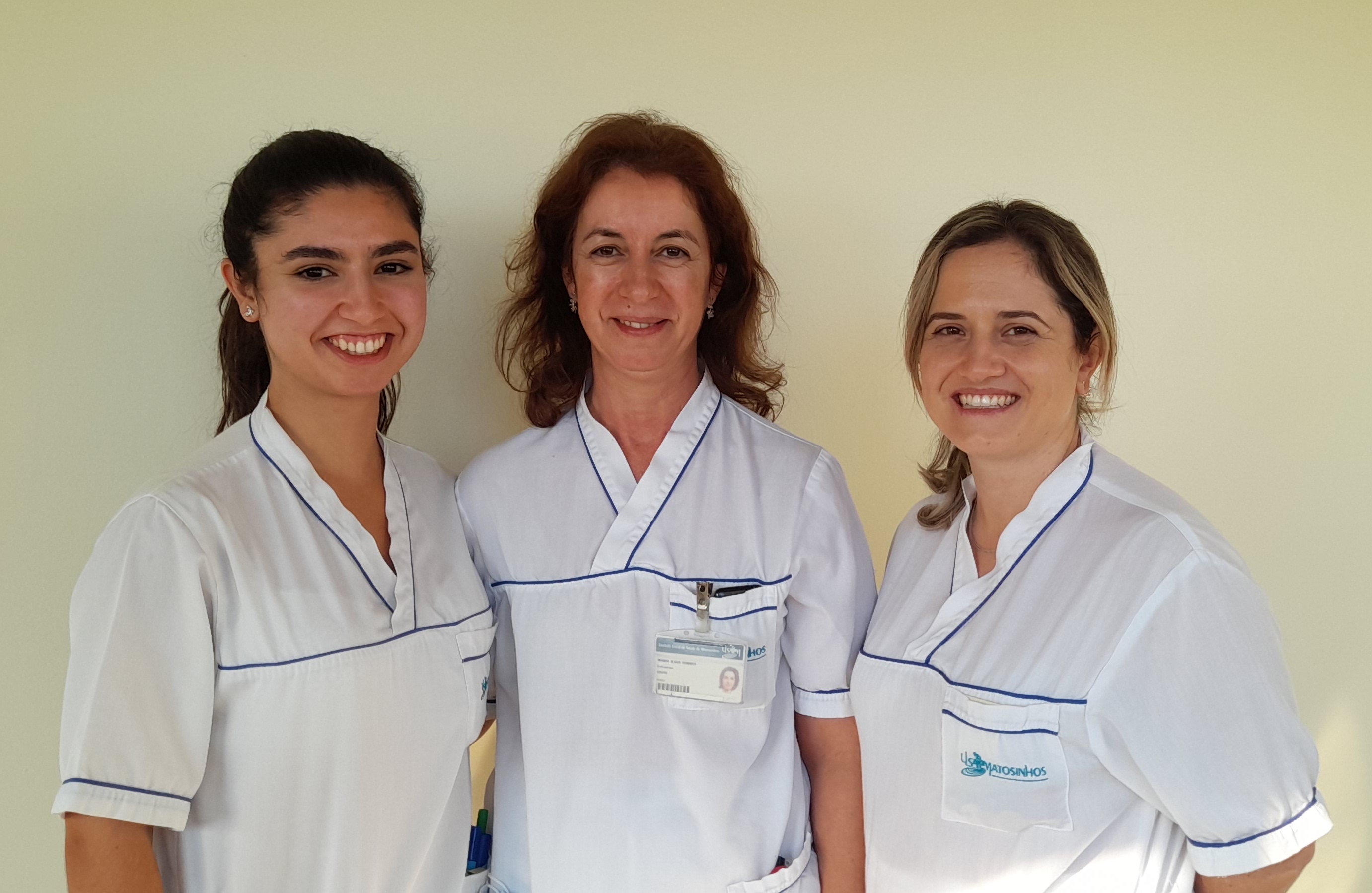
Мария де Исус Торес е специалист по медицински-хирургически сестрински грижи и мениджър на медицинска сестра в специализираното отделение за инсулти в болница Педро Испано. Тя и нейните колеги, специалистът по рехабилитация на инсулти Сандра Мартинс и общата медицинска сестра Ана Майа водят обвинението да водят FAST герои в училищата в техния град.
Тяхната болница е част от Unidade Local de Saúde de Matosinhos (ULSM), местното здравно звено, което интегрира болница Pedro Hispano с непрекъснато отделение и група от базирани в общността първични здравни центрове. Това е идеалната платформа за въвеждане на училищните медицински сестри в проекта и подкрепа за изпълнението му.
Тя се влюбва в FAST герои веднага след като лекар в болницата ги кани да се включат, казва сестра Сандра, която в началото на ноември е помогнала за започването на кампанията в три училища в Матосиньос, включително и тези, посетени от собствените си деца. Още осем класни стаи чакаха да се срещнат със супергероите, борещи се със съсирването, и имаше покана от родителите в училище за увредени ученици.
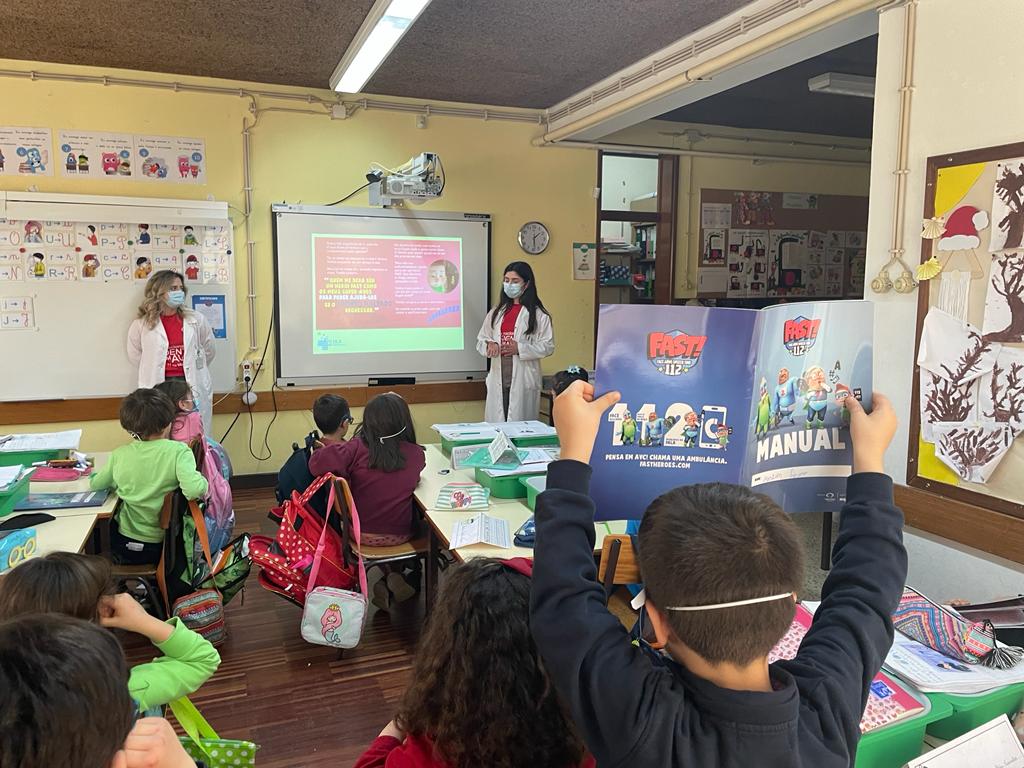
В техния регион осведомеността за инсулт е ниска, казват медицинските сестри от Матосиньос. Малко хора знаят как изглежда ранният инсулт или колко е важно да се обадите на 211 без забавяне. „Те могат да решат вместо това да си поспят, да се изкъпят или да изпият чаша кафе и в резултат на това твърде много пациенти не успяват да стигнат навреме до болницата.“
Те имат големи надежди за проект, който прехвърля животоспасяващи знания от деца на баби и дядовци и прави ученето интерактивно и забавно. Но въпреки че акцентът е върху разпознаването на симптомите и бързите действия, както д-р Фидалго, така и сестрите супергерои от Матосиньос казват, че превенцията на инсулт ще бъде дългосрочният дивидент.
„Тъй като проектът обяснява и модифицируемите рискови фактори за мозъчно-съдово заболяване, той допринася за цялостното подобряване на здравето на учениците и техните семейства“, казва д-р Фидалго.
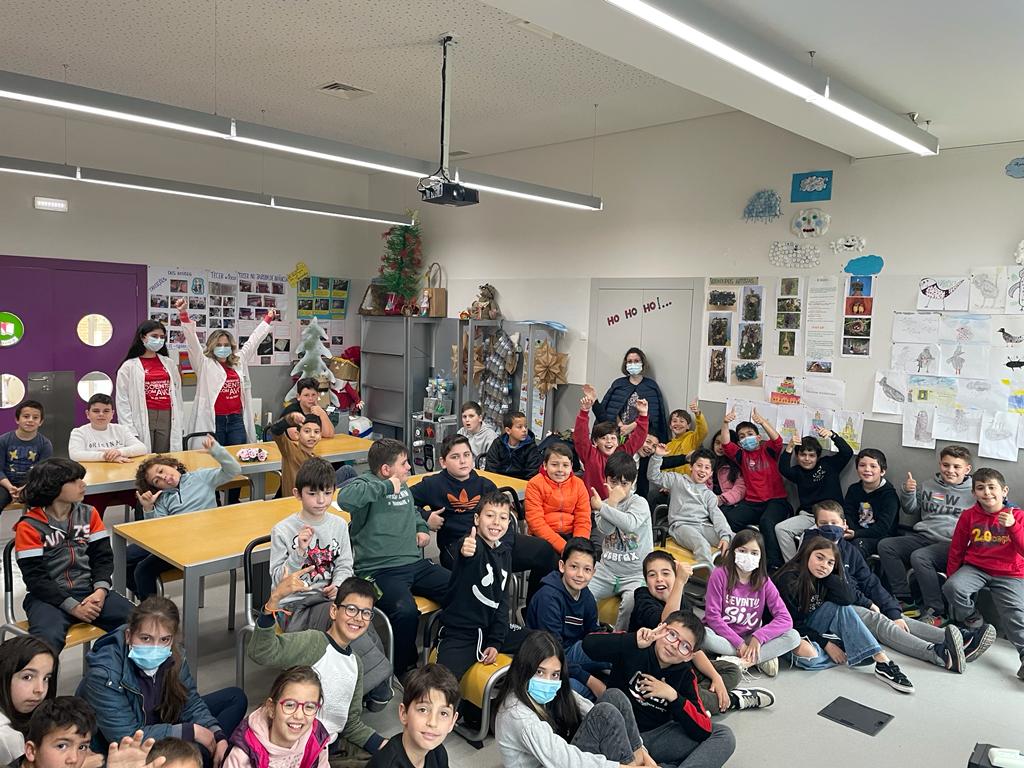
Медицинската сестра Сандра повтаря този възглед. „Когато пациент с инсулт пациент бъде приет, можем да го лекуваме и да го посъветваме за вторична превенция, но дотогава вече е имал инсулт. С други думи, не предотвратихме първото.
„Португалците обичат да ядат и пият; те са много общителни и не обичат да се упражняват. Вярно е, че по-младите се грижат по-добре за себе си, но водят стресиращ живот и винаги мислят, че лошото здраве ще се случи на някой друг.“
Истинската награда, според сестра Сандра и нейните колеги, ще бъде, че поколение, изложено на FAST герои, ще порасне, за да направи по-добър избор на начин на живот и да сведе до минимум експозиция им на инсулт и други незаразни заболявания. В този смисъл децата на Фаро и Матосиньос и други португалски градове, където се изпълнява програмата, не само спасяват своите родители и баби и дядовци, но и бъдещите си възрастни.
Дядо Фернандо е фаворит в домакинството си, казва сестра Сандра, чиято собствена 4- и 6-годишна дъщеря не може да получи достатъчно от видеото със силния супергерой. Те обичат песните и знаят всички танци. Едва през нощта Злият Тромб прави най-малката патица под кориците – в момента една от приказките за лягане на баба Фатима е точно това, което лекарят е поръчал.
